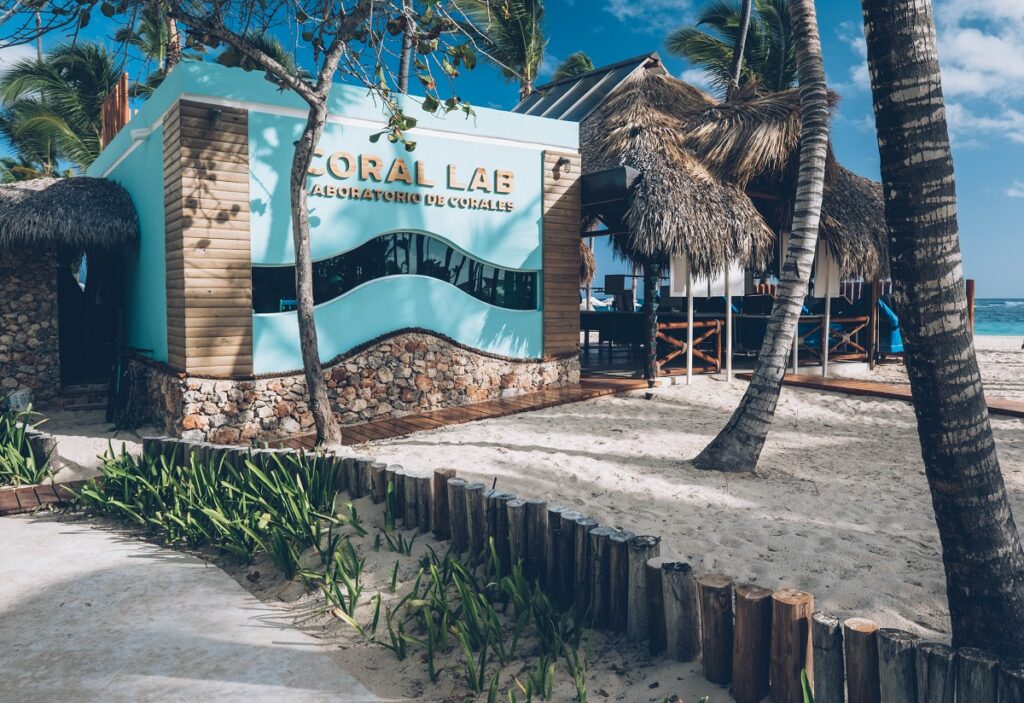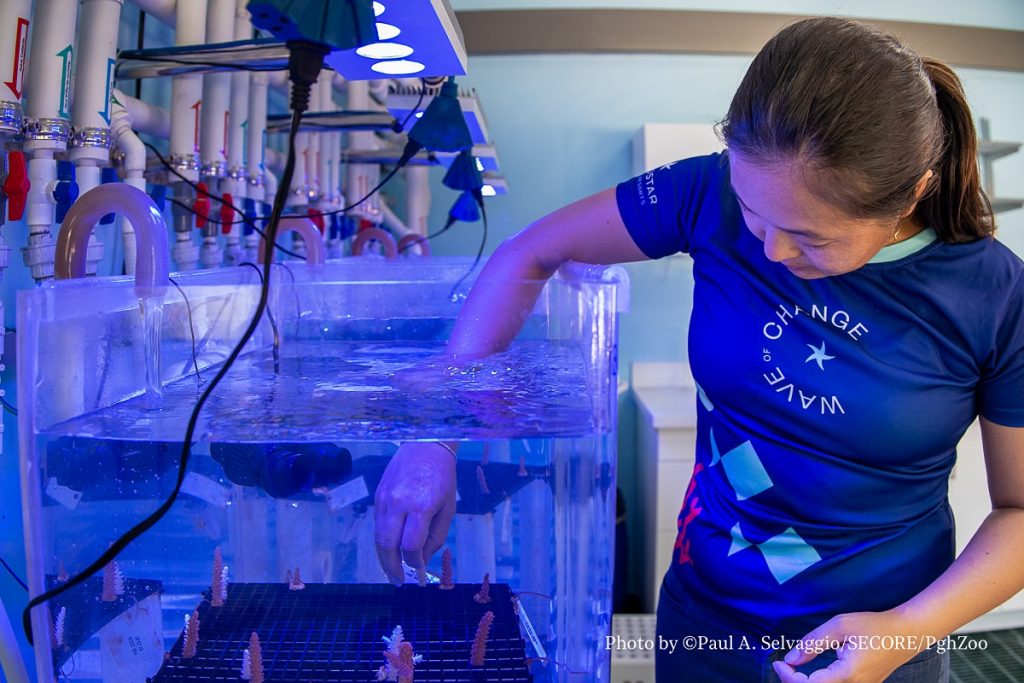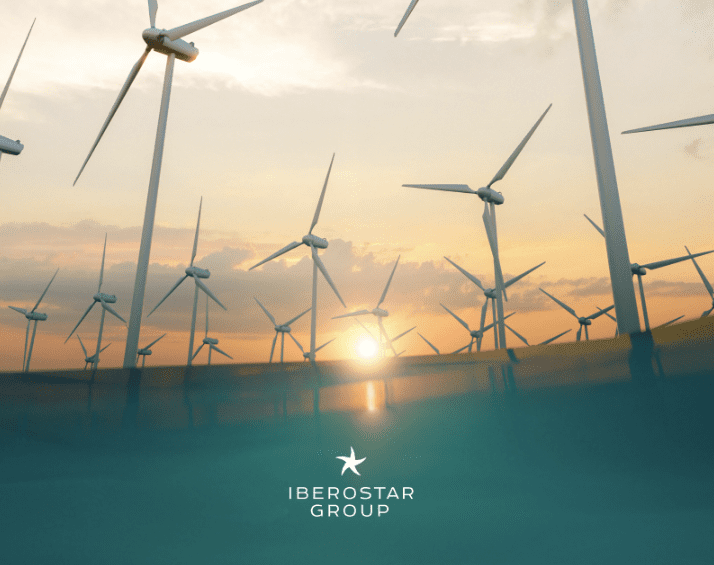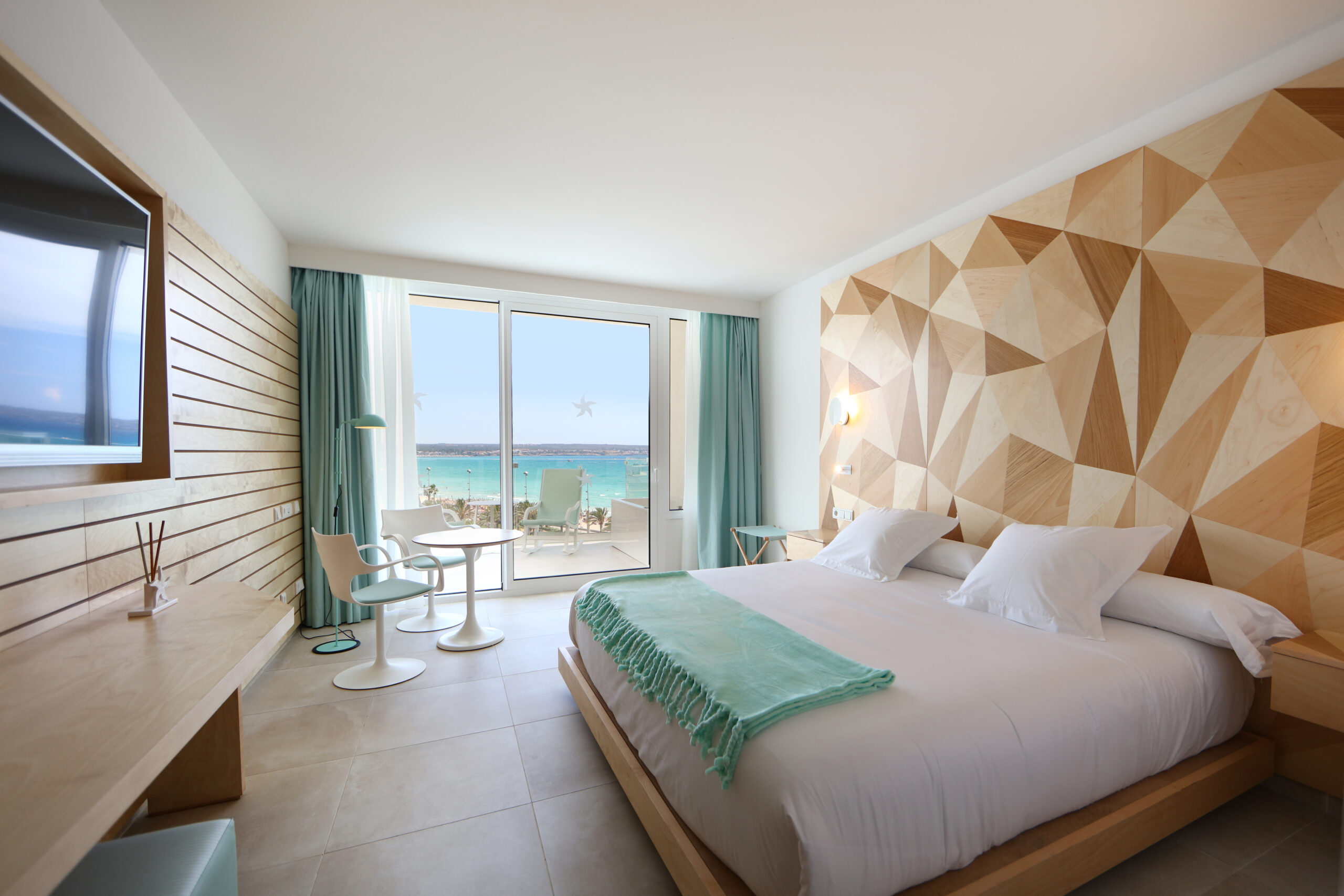Coral reefs are much more than just a beautiful landscape; they are biodiversity, simple and complex relationships, calm and peace, hustle and bustle, they are competition and cooperation, they are life and home. Both marine ecology and people depend on reefs and this complexity that occurs within them. Reefs are home to approximately 25% of marine species, protect coasts from the action of waves and beach erosion, provide fishing resources and other means of subsistence, and contain numerous substances with medicinal potential, among other benefits. The speed at which these incredible ecosystems are degrading and disappearing due to diverse threats, from water pollution and overfishing at local scales, to global warming and ocean acidification due to climate change is increasingly alarming.
These and other factors produce stress reactions in corals and trigger the expulsion of microalgae that live in symbiosis within their tissue. The loss of these beneficial algae translates into a loss of coloration of the coral tissue and a loss of its main source of food (since these algae supply the coral with nutrients). This process is called bleaching and can lead to the death of the coral. Bleaching events tend to occur massively and globally, with increasing frequency, and are mainly due to the increase in maximum temperatures and their duration in the reefs.
However, it has been observed that not all corals on the same reef bleach during these events, or even though they bleach, they take less time to recover. This has been observed not only between different species of coral, but between different individuals (colonies) of the same species. This greater tolerance to stress may be due to morphological and physiological characteristics of the coral, to certain genes in the DNA of said individual, to the type of microalgae it has in its tissue (some strains are more resistant than others), to the degree of adaptation of the coral to stress conditions, etc.
Finding these species and individuals and enhancing their reproduction can increase the resilience of reefs for the future. In most restoration operations, the coral gardening method is used, in which the number of corals is increased in artificial structures placed in the sea (as a marine nursery) for later transplantation to a reef. However, many times this increase in coral tissue is done by cloning existing corals of the same species (an adult colony grows from a small fragmented piece), which can lead to very low diversity for restored reefs. Also, if it is not known how tolerant these clones are to stress, it is possible that none of them will be able to survive a bleaching event or disease outbreak.
To address this problem, Iberostar decided in 2018 to build a coral laboratory within its resort in Bávaro, Dominican Republic. This laboratory, in addition to its functions as a reservoir of species and individuals and as an outreach center, has a high precision temperature control system that allows recreating bleaching events to study the temperatures that cause stress to the different species in the region and at the same time it allows to reveal who are those individuals more tolerant to stress. These studies complement the restoration work that Iberostar’s scientific team is doing in its marine nursery in the Bayahibe region in collaboration with the local organization FUNDEMAR.

In July 2019, the first bleaching tests were carried out alongside eminent scientist Dr Steve Palumbi, demonstrating the great potential that these relatively simple experiments can have for more efficient reef restoration.
In February 2020, after modifications to the temperature control system, the official experiments that are currently being resumed began. The experiments consist in introducing fragments of different individuals of the same species of coral replicated in 4 aquarium tanks whose temperature is risen throughout the day to different maximum values and is maintained for three hours until it returns to the initial temperature.

These experiments support reef restoration operations on a scientific basis and represent a potential increase in the resilience of restored reefs, offering a halo of hope to the reefs of the region, the scientific community and the society that depends on them.






